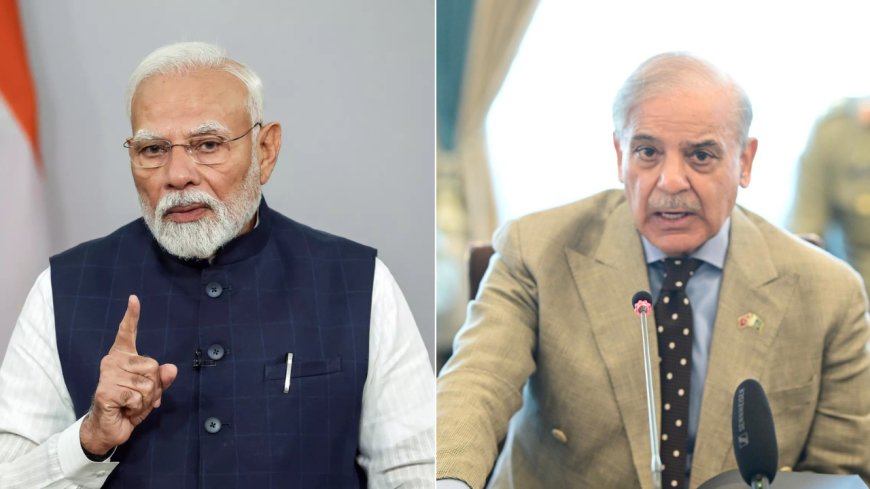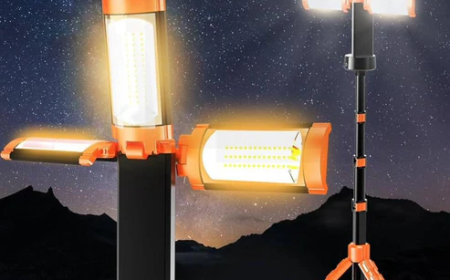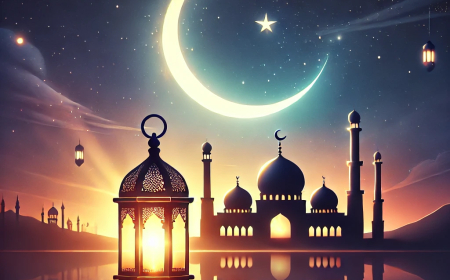India-Pakistan Tensions Escalate: War Threats Emerge After Kashmir Attack
The long-standing tensions between India and Pakistan have erupted once again into a dangerous flashpoint after a deadly terrorist attack in Indian-administered Kashmir. With border skirmishes intensifying and political rhetoric turning aggressive, fears of a full-blown conflict between the two nuclear-armed nations have resurfaced—this time with renewed urgency.

A Tragic Catalyst: Pahalgam Attack
On April 24, 2025, a brutal terrorist assault in Pahalgam, a scenic town in Kashmir, shocked the region and reignited hostilities. The attack claimed 26 lives—25 of them Indian nationals and one Nepali—when militants opened fire on a group of tourists.
A relatively unknown group calling itself Kashmir Resistance claimed responsibility. While India swiftly pointed fingers at Pakistan for allegedly supporting the militants, Islamabad categorically denied any involvement.
India Responds with Diplomatic Firepower
India’s reaction was swift and severe:
-
Suspension of diplomatic ties
-
Revocation of visas for Pakistani nationals
-
Closure of the Wagah border crossing
-
Termination of trade links
-
Suspension of the Indus Water Treaty—a cornerstone agreement governing river water sharing since 1960
The withdrawal from the Indus treaty especially drew international concern, as it's not just a diplomatic tool but a vital lifeline for millions in both countries.
Pakistan Hits Back
Islamabad responded with equal vigor:
-
Cancellation of Indian visas
-
Airspace closure to Indian aircraft
-
Suspension of bilateral trade
-
A warning that any tampering with the Indus Waters would be considered an act of war
Speaking to the media, Pakistan’s Defense Minister Khawaja Asif didn't mince words. “If India continues on this path, it will not only provoke us—it will bring the region to the brink of an all-out war.”
Shots Fired: The LoC Heats Up
Amid the diplomatic breakdown, Indian and Pakistani forces exchanged gunfire across the Line of Control (LoC)—the de facto border in Kashmir. While no casualties were reported, it marked the first direct military confrontation since the Poonch clashes in 2022.
Given both nations possess nuclear weapons, any military engagement—even symbolic—risks spiraling into a catastrophic conflict.
The World Watches in Alarm
The United Nations, along with global powers including the United States, China, and the European Union, have called for restraint. UN Secretary-General António Guterres issued a statement urging both sides to de-escalate immediately and return to the negotiating table.
What Happens Next?
While full-scale war is still avoidable, the situation remains fluid and highly volatile. Both India and Pakistan are navigating a mix of national pride, political pressure, and regional instability. If diplomatic backchannels don’t activate soon, the consequences could be grave—not just for South Asia, but for global peace.
Final Thoughts
What began as a tragic terrorist act has quickly snowballed into one of the most serious India-Pakistan crises in recent years. As calls for calm grow louder, the question now looms: will diplomacy prevail, or are we witnessing the early stages of a conflict with far-reaching consequences?
Stay tuned for updates as this developing story unfolds.
What's Your Reaction?


































